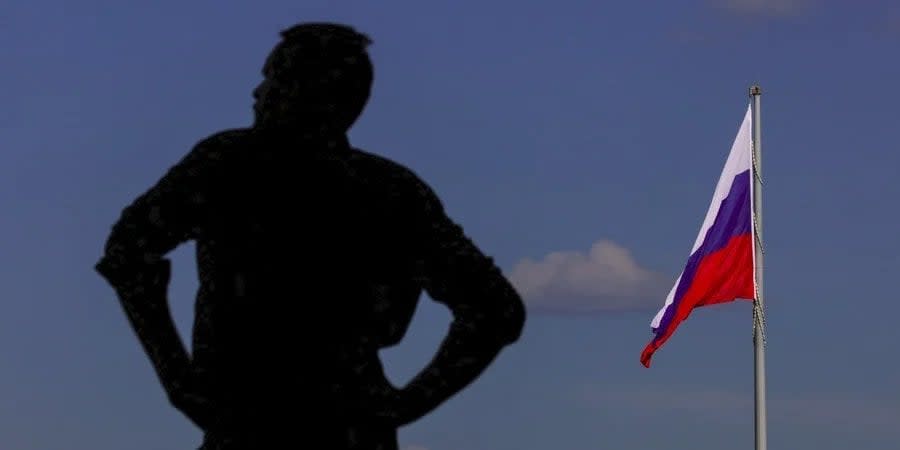Expert says why Western countries fear Russia’s collapse so much

Hanna Shelest, editor-in-chief of Ukraine Analytica and Head of the Board of the NGO “Promotion of Intercultural Cooperation” talked about the fears Ukraine's partner nations have with regard to Russia's collapse in an interview with Radio NV on June 30.
Western countries' fears of Russia’s collapse are similar to those they have in regard to the collapse of the Soviet Union in 1990-1991.
Read also: Prague charges former Soviet soldier with espionage
"They didn't support the idea of independence of those republics who started protest rallies first exactly because of that fear: what to do with them and who they are?” the expert said.
“And the situation then was more clear. There were some borders, there were ruling leaders of these republics, many other issues were clearer. At least, intelligence and analytics could do some prediction back then."
Read also: Russian elites fear losing money, not Russia losing territory, expert says
The first and the main Western fear is related to nuclear weapons, Shelest said, going on to name some of the chief Western concerns:
"It's much worse now. What if Chechnya and (its warlord) Ramzan Kadyrov survive as they are? Where are nuclear weapons placed? What if something in the south-east of Russia near China obtains independence?"
The current "set of fears" is much wider than at the time of the collapse of the Soviet Union, she added.
"The worst phrase I've heard was: ‘How can we make Ukraine win and Russia not to lose?’ It isn't possible because Ukraine will lose if the Russian Federation doesn't lose," she said.
Read also: Someone else ordered Prigozhin to halt march on Moscow – Ukrainian official
"They at least understand (Russian dictator Vladimir) Putin's logic – at least as much as is possible with Putin's logic. But they can't know what kind of turmoil there will be if he goes, and who will come in place of Putin. They don't know if these people are even more brutal and violent than Putin with his security service background. At least, they've got used to (Putin)."
Meanwhile, Secretary of the National Security and Defense Council Oleksiy Danilov called the recent mutiny by Russia’s Wagner mercenary company, led by Yevgeny Prigozhin, "the beginning of Russia’s downfall."
“I have repeatedly said that by launching active aggression against our country, he (Putin) has started Russia's self-destruction," Danilov said.
"It will collapse, it won't survive within its current borders. The start was in February 2014, it was a foolish decision. If we go back further in history, then it started in 2008, when (Putin) invaded Georgia."
In turn, a senior fellow at the Jamestown Foundation in Washington, D.C., and the author of "Failed State: A Guide to Russia's Rupture" book, Janusz Bugajski, has described Russia's collapse as follow:
Read also: Armed forces of the world — opinion
"The deliberate pursuit of ethnic divisions through violence would resemble developments in a collapsing federal Yugoslavia during the 1990s. It is worth remembering that the 'Yugoslav scenario' was varied, with only limited military skirmishes in Slovenia, a small guerrilla war in Macedonia, a short NATO bombing campaign in Serbia, and no armed conflicts in Montenegro. In marked contrast, the wars in Croatia, Bosnia-Herzegovina, and Kosova took the lives of tens of thousands of people and displaced millions more.
“Different parts of the Russian Federation could follow these diverse scenarios, with outright war between the center and some republics and regions. Moscow could emulate Serbia in the 1990s by mobilizing ethnic Russians to carve out ethnically homogenous regions from rebellious republics.
“It could mobilize, fund, arm, and direct militia groups and volunteer movements, as in Slobodan Milošević’s Yugoslavia, to kill, plunder, and terrorize non-Russian populations.”
We’re bringing the voice of Ukraine to the world. Support us with a one-time donation, or become a Patron!
Read the original article on The New Voice of Ukraine

